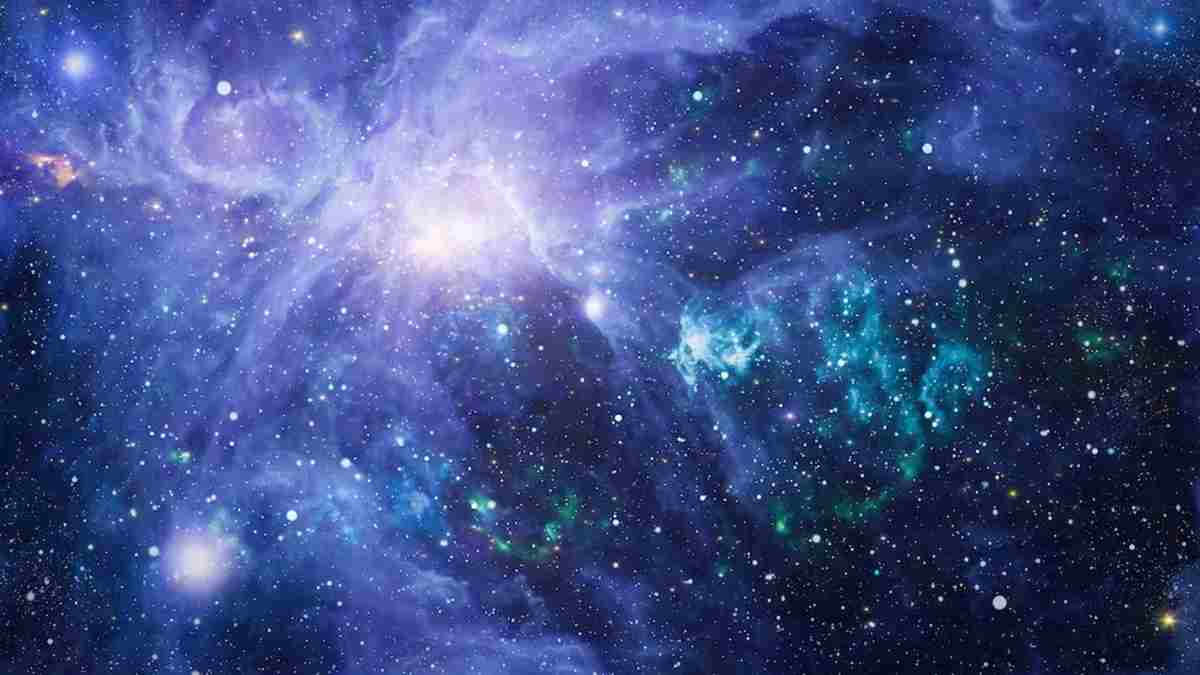The theory of the swinging universe is a continuation of the previous theory, namely the theory of the big bang and big bang.
In this swing theory, experts put forward predictions of what will happen after the big bang. This theory is still less popular than the others.
The most interesting thing about this theory is the hypothesis that our universe has no boundaries.
Reviewing the Meaning of the Swinging Universe Theory
The universe we live in today is full of mysteries. In the universe there are various kinds of supporting material.
Baca Juga: Teori Keadaan Tetap yang Ditolak Banyak Ilmuwan, Apa Alasannya?
Planet, solar system, galaxies and more, all belonging to the universe. But have you ever thought about when and how the universe was formed?
Since the discovery of astronomy hundreds of years ago, the idea of how the universe and its contents were formed has always been a big question.
Various studies, starting with simple and limited tools to date, still have not really opened the mystery. However, the results of the study at least provide a small picture.
Several theories regarding the creation of the universe began to emerge. By far, the theory that most people believe in is the big bang and bang.
With various kinds of existing evidence and refinements, finally this theory began to develop in society. However, who would have thought there was a theory that continued the big bang and boom.
The theory of the universe is called swinging. In this swing theory, experts began to try to explain what happened after the big bang.
They believe that after the explosion occurred, the galaxy and stars moved away from each other. Then the galaxies and stars show a slower motion.
The movement finally stops so that it shrinks due to the presence of the force of gravity. It doesn’t stop there, after slowing down and shrinking, the theory of the swinging universe explains that the matter will condense and even explode.
All the processes that occur do not cause matter to be damaged or re-created. The material will only change their order.
Infinite Universe
The interesting thing about this theory is the hypothesis about an endless universe. The meaning of endless here is to have no edge.
Baca Juga: Inti Bumi Mendingin Lebih Cepat, Berdampak pada Kehidupan?
This hypothesis arises because of the slowing process in the swinging universe theory. So, is that so?
As is well known, all current theories of the universe are just hypotheses. There are some astronomers who believe in the hypothesis of this swing theory.
According to them, perhaps the universe will eventually return to its original starting point. Many think that if one keeps passing through the galaxy, then it just spins from all directions forever.
In this case it means that the universe has no limit or end. Some scientists also think that if you go through space, you will one day return to where you started but from another direction.
Scientists are now also starting to think that there could be no final region in the universe for quiescent galaxies or some kind of barrier to mark space.
In other words, the hypothesis of the swinging universe theory says that the shape of the universe is at least like a globe.
Some people also argue that the universe is not really that wide and is just repeating itself. However, of course the universe is still much bigger than you currently think.
Baca Juga: Usia Tata Surya Kita Sama dengan Matahari? Berikut Penjelasannya!
Until now it is still not known for sure how many galaxies in the universe. No one has ever really explored the entire contents of the universe.
It certainly can be proof that the universe is very wide. In addition, the possibility of the hypothesis of the theory of the swinging universe being true is also quite large.
Because, until now there has been no research that can know the end of the universe. Even getting to the end of the Milky Way galaxy takes a long time and super-sophisticated tools.
In the end, the theory of the universe swings like any other unproven theory. However, this theory is indeed quite popular among astronomers. (R10 / HR-Online / Editor-Ndu)
–


